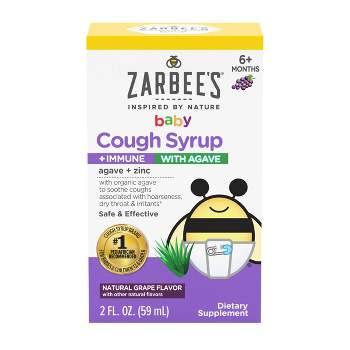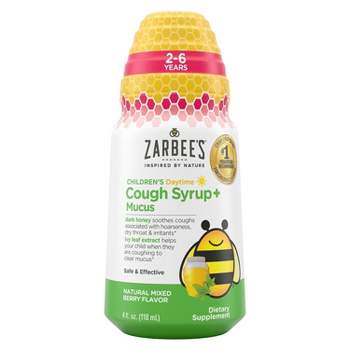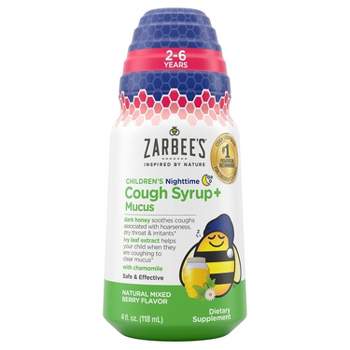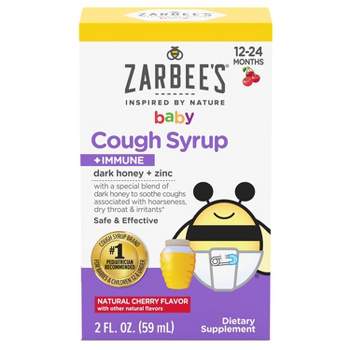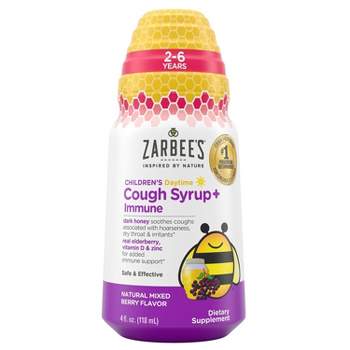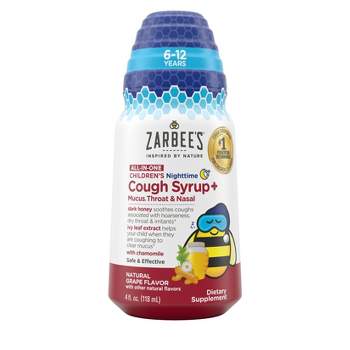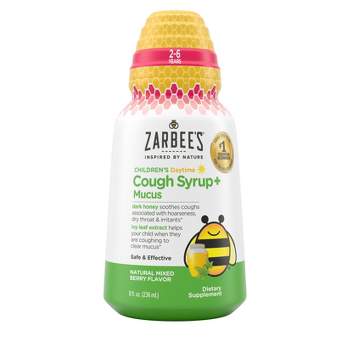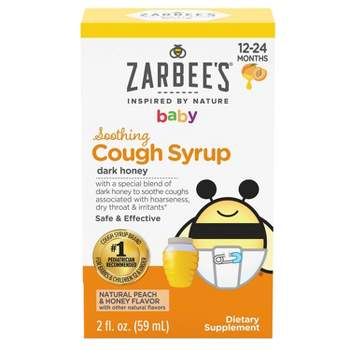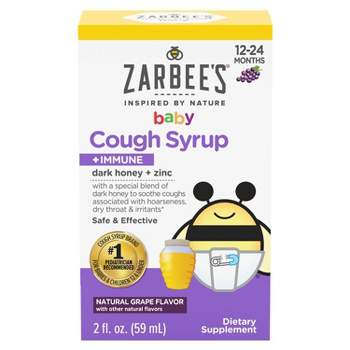Zarbee's : Cough, Cold & Flu
Sponsored
14 results
Sponsored
Sponsored
Related categories
- Medicines & Treatments
- Allergy & Sinus
- Pain & Fever
- Cough, Cold & Flu xlear
- Cough, Cold & Flu traditional-medicinals
- Cough, Cold & Flu wellements
- Cough, Cold & Flu natural-value
- Cough, Cold & Flu gen
- Cough, Cold & Flu airborne
- Cough, Cold & Flu mederma
- Cough, Cold & Flu candid
- Cough, Cold & Flu halls
- Cough, Cold & Flu midway
- Cough, Cold & Flu up-up
- Cough, Cold & Flu theraflu
- Cough, Cold & Flu contac
- Cough, Cold & Flu nature-s-answer
- Cough, Cold & Flu com-pare2
- Cough, Cold & Flu juvale
- Cough, Cold & Flu cabinet-health
Related searches
- cold cough
- cold and cough
- cough medicine hbp
- cold n cough
- cough and cold relief
- cough medicine pm
- cold and cough medicine adult
- cough flu
- extra strength cough medicine
- coughing medicine
- 12 hr cough
- cough medicine adult
- cough medicine with honey
- cold and cough pills
- cough cold sore throat
- cough medicine adult natural
- cough medicine sugar free
- all natural cough medicine
- cough severe
- congestion cough
Trending Searches
- robitussin
- cold and flu medicine
- abreva cold sore
- vicks vaposteam
- alkalol nasal wash
- tukol max action
- maximum strength mucinex dm
- mucinex throat spray
- dayquil vapocool
- robitussin for kids
- sinus meds
- cold med
- kindermed cough
- forces of nature cold and flu
- how much is theraflu
- coricidin
- zarbee's nighttime cough
- how many nyquil ultra concentrated pills to take
- theraflu chews
- sugar free cough syrup
- why can't i find luden's honey lemon cough drops
- does dayquil have sugar
- sudafed flu medicine
- hyland's baby cough
- manuka honey lozenges
- mucus rlf dm er
- ibuprofen 100mg/5ml
- halls severe cough drops
- dayquil generic
- gaia black elderberry gummies
- vicks dayquil vapocool cold and flu caplets
- motrin for cough
- fisherman's friend cough drops review
- nyquil medicine
- ricola original flavor
- baby oilogic stuffy nose and cough reviews
- side effects of delsym 12 hour diarrhea
- abreva price
- halls honey lemon sugar free
- dayquil ultra concentrated
- boogie mist inhaler
- severr
- akazelter
- beekeepers cough syrup nighttime
- nature's way sambucus immune syrup
- vapor ice cold and flu
- zand vitamin c
- do they still make halls breezers
- mommy bliss newborn
- theraflu elderberry
- elderberry cough syrup for kids
- can you take airborne and dayquil together
- ludens gluten free
- vicks vapocool sore throat
- vapocool sore throat spray como se usa
- vicks vaporub cough suppressant
- zarbee's all in one nighttime
- sambucus cough syrup
- does nyquil severe honey cold and flu have alcohol in it
- desenfriolito bebe
- com-pare2 flu relief
- ricola caramel cough drops
- abreva cream where to buy
- genexa kids multi symptom cold and flu
- genexa kids nighttime cough
- herb island nasal stick
- cold and flu daytime severe
- zarbee's for infants 2 months
- propolis soothing lozenges reviews
- xlear cough drops
- off brand theraflu
- dayquil kids berry
- mucinex night shift reviews
- zicam ultra
- xlear rescue nasal spray
- lysine lip clear reviews
- lip bandaid
- vicks vaporub advanced plus reviews
- sambucus elderberry syrup
- up and up daytime cold and flu dosage
- zand elderberry zinc
- honey night
- tukol honey miel
- anas barbariae
- throat drops
- elderberry zinc lozenges
- olly kids immunity
- theraflu liquid
- delsym roll on
- propolis vitamin c
- robitussin honey severe
- umcka cold care kids
- kids propolis throat spray
- what does dayquil taste like
- cherry nyquil
- elderberry lollipops
- mucinex cold and flu fast max
- hyland's cold and cough nighttime
- sore throat syrup
- is mucinex fast max non drowsy
- children's mucinex 2 year old
- ricola honey lemon echinacea
Zarbee's : Cough, Cold & Flu
Find Relief from Cough, Cold, and Flu Symptoms with the Right Medicine
When the chilly winds of winter start blowing and the flu season is upon us, it’s essential to have the right arsenal of cough, cold, and flu medicine at your disposal. Nobody likes to suffer through the discomfort of a nagging cough, a stuffy nose, or a fever. Fortunately, there are a plethora of options available to help alleviate these symptoms. In this guide, we will walk you through the process of choosing the best medicine to combat cough, cold, and flu symptoms.
Over-the-Counter (OTC) vs. Prescription Medications
When it comes to treating cough, common cold, and flu, you’ll find two main categories of[b medications: over-the-counter (OTC) and prescription. OTC medicines are readily available at your local pharmacy without a doctor’s prescription and are suitable for mild to moderate symptoms. However, if your symptoms are severe or you have underlying health conditions, it’s advisable to consult a healthcare professional for a prescription.
Choosing the Right Active Components
The active ingredients in cough, common cold, and flu medications vary and target specific symptoms. Some common active components include:
Acetaminophen: Effective for reducing fever and relieving pain.
Ibuprofen: Helps reduce inflammation and pain reliever.
Dextromethorphan: Cough suppressant.
Guaifenesin: Loosens mucus and phlegm.
Phenylephrine or Pseudoephedrine: Decongestants that relieve nasal congestion.
Antihistamines: Reduce sneezing, runny nose, and itching
Understanding these ingredients will help you select the right product to target your specific symptoms.
Types of Cough, Cold, and Flu Medications
Cough, cold, and flu medications come in various forms, including:
Syrups for Cough: Ideal for children and adults who have difficulty swallowing pills.
Tablets and Capsules: Convenient for on-the-go relief.
Chewable Tablets: Easier to ingest for those who dislike swallowing pills.
Nasal Sprays: Helps with decongestions and provides direct relief for nasal blockage.
Lozenges: Soothe an irritated throat and reduce coughing.
Consider your preferences and the severity of your symptoms when choosing the right form of medication.
Frequently Asked Questions (FAQs)
Q1: Can I take cough, flu and cold medicines with other prescription medications I’m currently on?
A1: It’s essential to consult your healthcare provider or pharmacist before combining any medications, including OTC cough, flu and cold medicines, with your existing prescriptions. They can advise you on potential interactions and provide guidance on safe usage.
Q2: What should I do if my symptoms persist or worsen after taking OTC medication?
A2: If your symptoms persist or worsen after a few days of using OTC medication, it’s advisable to seek medical attention. You may have an underlying condition that requires specific treatment.
Q3: Can I give OTC cough and cold medication to children?
A3: Some OTC medications are suitable for children, while others are not recommended for specific age groups. Always check the packaging for age-specific dosing guidelines and consult a pediatrician if you have concerns about giving OTC medication to your child.
Selecting the right cough, flu and cold medicines involves understanding your symptoms, choosing the appropriate active ingredients, and following dosage instructions carefully. While OTC medications can provide relief for mild to moderate symptoms, it’s crucial to consult a healthcare provider for severe symptoms or if you have underlying health conditions. With the right medication in your medicine cabinet, you can face cold and flu season with confidence, knowing relief is just a dose away.

